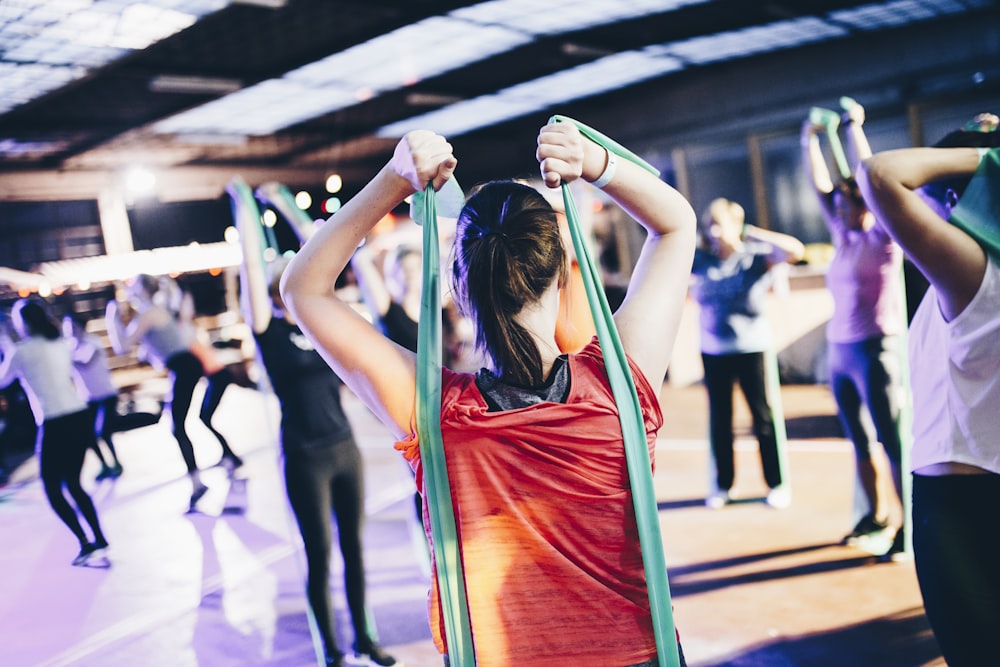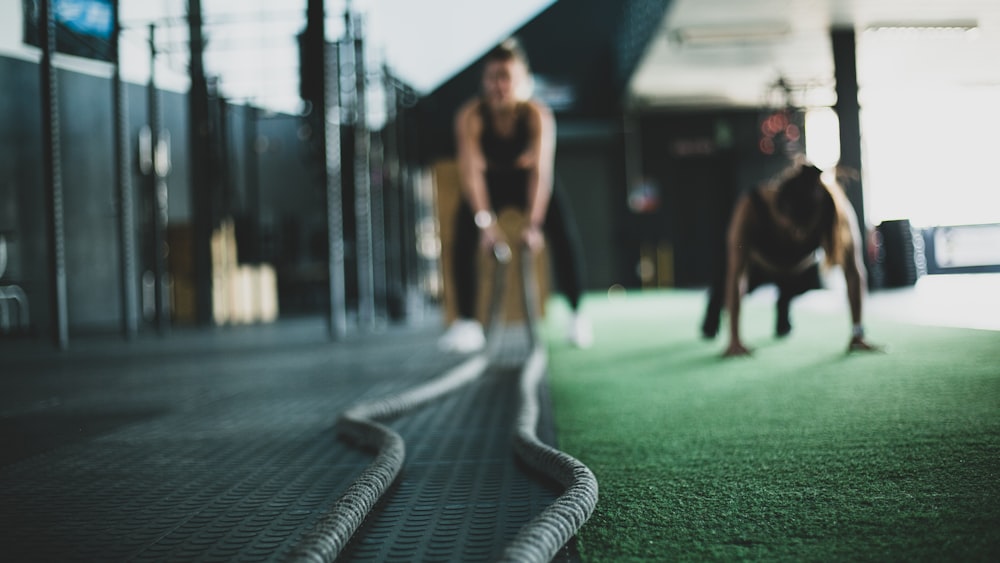PCOS Diet Mastery Transformative Tips for Wellness
Introduction
Living with Polycystic Ovary Syndrome (PCOS) can be challenging, especially when it comes to managing diet and nutrition. However, with the right approach, it’s possible to transform your health and well-being. In this article, we’ll explore transformative tips for mastering your PCOS diet and achieving wellness.
Understanding PCOS and Diet
Before delving into specific dietary strategies, it’s essential to understand the connection between PCOS and diet. PCOS is a hormonal disorder that affects women of reproductive age, characterized by irregular menstrual cycles, ovarian cysts, and hormonal imbalances. Diet plays a crucial role in managing PCOS symptoms, as certain foods can exacerbate symptoms while others can help alleviate them.
Focus on Whole Foods
One of the key principles of a PCOS-friendly diet is to focus on whole, nutrient-dense foods. Incorporate plenty of fruits, vegetables, lean proteins, and healthy fats into your meals. These foods provide essential vitamins, minerals, and antioxidants that support overall health and help regulate hormone levels.
Balance Your Macronutrients
Balancing your macronutrients—carbohydrates, proteins, and fats—is important for managing PCOS symptoms. Aim for a balanced ratio of these nutrients in each meal to help stabilize blood sugar levels and prevent insulin spikes. Choose complex carbohydrates such as whole grains, lean proteins like chicken or fish, and healthy fats such as avocado or nuts.
Choose Low-Glycemic Foods
Foods with a low glycemic index (GI) are digested more slowly, resulting in a gradual rise in blood sugar levels. This is beneficial for women with PCOS, as insulin resistance is a common issue. Opt for low-GI foods such as whole grains, legumes, fruits, and vegetables to help stabilize blood sugar levels and improve insulin sensitivity.
Limit Sugar and Processed Foods
Highly processed foods and added sugars should be limited or avoided in a PCOS diet. These foods can cause blood sugar spikes and contribute to insulin resistance, exacerbating PCOS symptoms. Instead, choose natural sweeteners such as stevia or honey, and opt for whole food sources of carbohydrates.
Incorporate Anti-Inflammatory Foods
Chronic inflammation is believed to play a role in the development and progression of PCOS. Incorporating anti-inflammatory foods into your diet can help reduce inflammation and alleviate symptoms. Include foods rich in omega-3 fatty acids, such as salmon, walnuts, and flaxseeds, as well as plenty of fruits and vegetables.
Manage Portion Sizes
Maintaining a healthy weight is important for managing PCOS symptoms, as excess weight can worsen hormonal imbalances and insulin resistance. Pay attention to portion sizes and avoid overeating, especially of high-calorie foods. Practice mindful eating techniques, such as eating slowly and stopping when you feel satisfied.
Stay Hydrated
Proper hydration is essential for overall health and well-being, including hormone regulation and metabolic function. Aim to drink plenty of water throughout the day to stay hydrated. Limit intake of sugary beverages and opt for water, herbal teas, or infused water instead.
Prioritize Regular Exercise
In addition to dietary changes, regular exercise is crucial for managing PCOS symptoms and promoting overall health. Aim for at least 150 minutes of moderate-intensity exercise



































